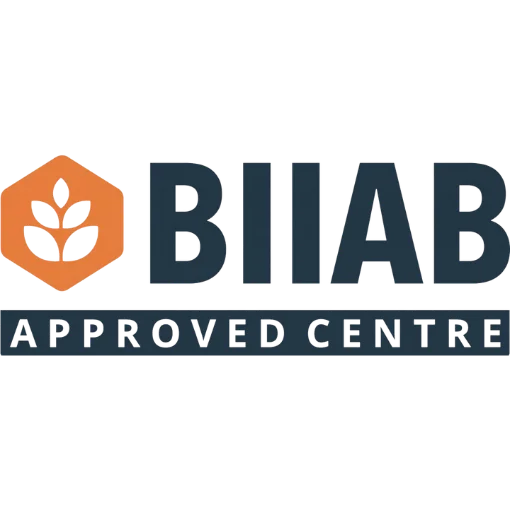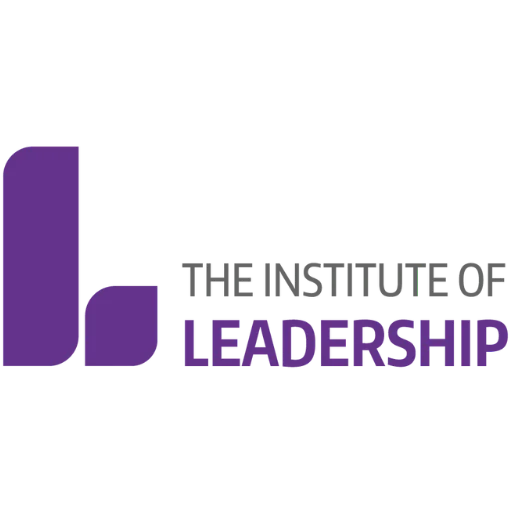Progression to Level 5 Diploma in IT
Completing this diploma enables learners to advance to the Level 5 Diploma in Information Technology, further enhancing their skills and knowledge in the field.
The Level 4 Diploma in Information Technology is designed to provide students with a thorough grounding in the essential skills and knowledge required for a successful career in the IT sector. This diploma serves as a crucial stepping stone between foundational IT concepts and advanced technical proficiency, preparing students for a variety of roles in the dynamic tech industry.








This qualification equips individuals with the ability to apply IT principles across various business contexts, ensuring they can integrate technology effectively to enhance business operations and efficiency.
By exploring the relationship between management theories and their practical application in the IT sector, this qualification aims to improve learners' employability, preparing them for diverse roles in the tech industry.
This qualification focuses on analyzing and applying problem-solving methods tailored to the specific challenges of the business and IT industries, enabling learners to tackle complex issues with confidence and innovation.
Providing a solid foundation in IT, this qualification allows students to gain valuable credits towards a degree program, bridging the gap between diploma and higher education.
This qualification develops the academic standards required for higher-level study, equipping students with the knowledge and skills necessary to excel in advanced IT education and research.
Focused on fostering self-awareness and continuous improvement, this qualification enhances key personal, social, and transferable skills, promoting holistic development essential for success in the IT industry.

This qualification offers realistic and relevant career-related opportunities worldwide, preparing learners for the demands of 21st-century employment markets.
Completing this diploma enables learners to advance to the Level 5 Diploma in Information Technology, further enhancing their skills and knowledge in the field.
This qualification allows learners to progress to the second year of undergraduate study in IT, providing a strong academic foundation for higher education.
Learners can directly transition into employment in IT-related professions, equipped with the necessary skills and knowledge to excel in their careers.
The Level 4 Diploma in IT facilitates entry into the second year of a university degree program, ensuring a smooth academic transition and continued educational growth.






The Level 5 Diploma in Information Technology offers an alternative to the second year of a degree program, providing a comprehensive pathway for learners aiming to develop a broad base of knowledge and skills. This qualification equips students to work in various roles within the IT industry, including .NET programming, system administration, and network security. Additionally, learners will explore entrepreneurship within a technological environment.








Apply IT principles across diverse business environments, enhancing operational efficiency and effectiveness.
Improve employability by exploring the relationship between management theories and their functional application in the IT world.
Analyze and implement problem-solving techniques specific to the business and IT industries.
Gain credits towards degree programs, facilitating the continuation of academic pursuits at a higher level.
Develop academic standards required for further study, ensuring readiness for higher-level education and research.
Enhance critical personal, social, and transferable skills through self-reflection and continuous learning.

The Level 5 Diploma in Information Technology equips learners with realistic and relevant career-related opportunities suited to the 21st-century job market, preparing them for a diverse range of IT roles worldwide.
Allows learners to advance to the final year of an undergraduate degree program, streamlining their academic journey.
Prepares graduates to enter directly into IT-related professions, leveraging their comprehensive knowledge and skills.
Provides a pathway to enter the final year of a university degree, facilitating smooth academic and professional advancement.










The Level 7 Diploma in Information Technology equips learners with skills to design, plan, and execute technology-based projects effectively. Graduates will be well-prepared to lead IT initiatives and contribute significantly to their organizations.
Lead and manage IT projects, ensuring they are completed on time, within budget, and to high standards.
Develop and oversee complex software solutions, ensuring they meet organizational needs and industry standards.
Provide expert advice to organizations on leveraging technology to achieve business goals and improve efficiency.
Oversee the IT department, develop strategic plans, and ensure the effective use of technology within the organization.
Lead cybersecurity initiatives, protecting organizational data and systems from threats and ensuring compliance with security standards.
Analyze complex data sets to provide actionable insights that support business decisions and strategies.










The Level 7 Diploma in Data Science equips learners with essential skills in mathematics, statistics, and programming languages like R, Python, and SQL. This program provides a strong foundation for progression to Master's degrees in related fields. With the rise of cloud computing, big data, and AI, data science is a crucial profession. This diploma prepares aspiring Data Scientists, Data Analysts, and AI specialists to seize growing opportunities in these dynamic fields.
Analyze complex data sets to extract valuable insights, develop predictive models, and support data-driven decision-making.
Interpret data to identify trends, provide actionable insights, and help organizations make informed business decisions.
Develop and implement artificial intelligence models and algorithms to solve complex problems and enhance business processes.
Design, build, and manage big data infrastructure, ensuring efficient data processing and storage.
Create and optimize machine learning models to automate tasks and improve system performance.
Use data analytics tools to create reports, dashboards, and visualizations that help businesses understand their performance.











